Why Marijuana Legalization Could Be Delayed in These Three States

By:
On Election Day, Voters in eight states approved measures to legalize marijuana for medical or recreational purposes. However, lawmakers in three of those states — Maine, Massachusetts, and Arkansas — are seeking to delay or prevent the implementation of those measures, according to the National Organization for the Reform of Marijuana Laws (NORML).
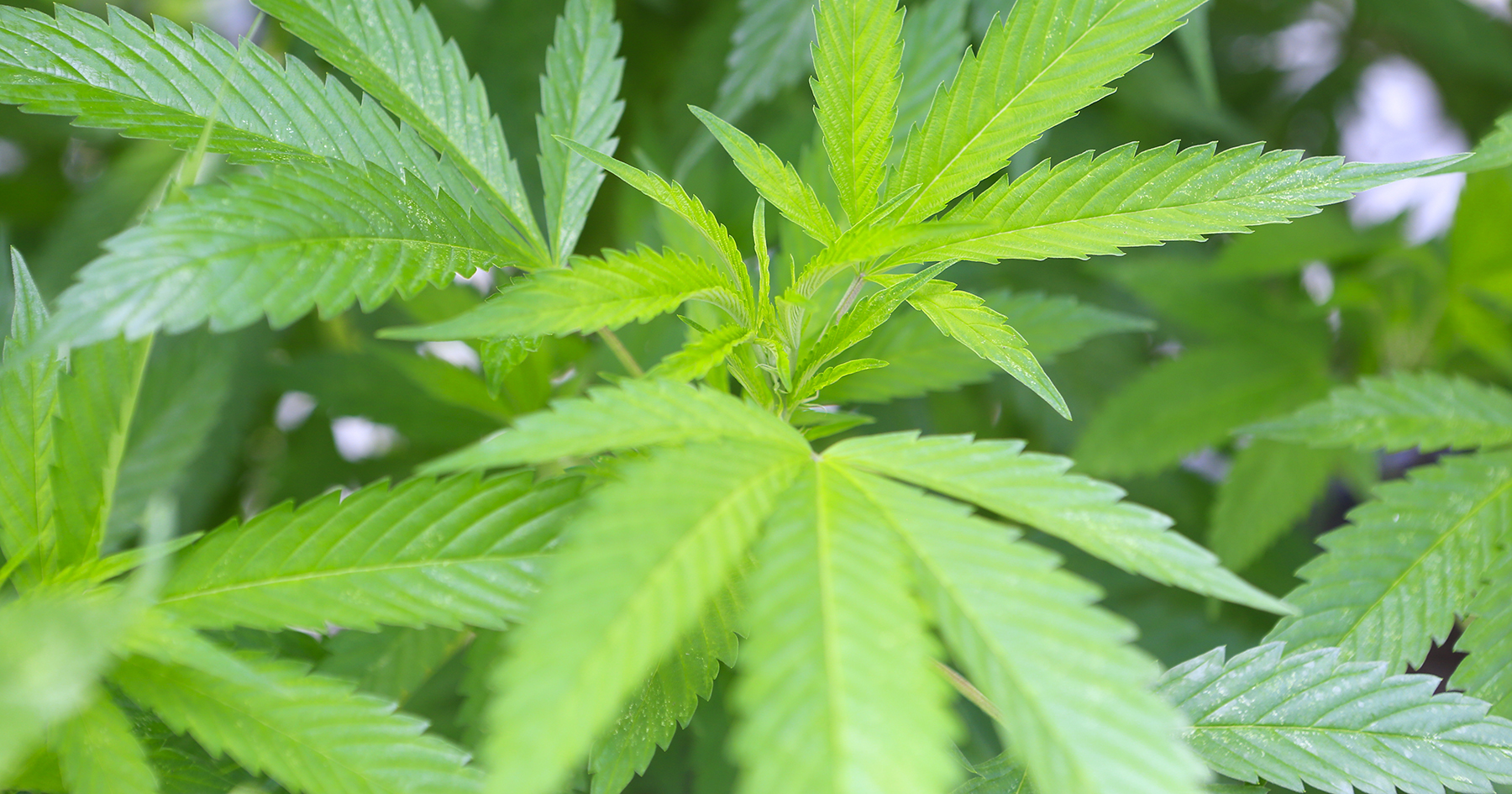 Big Stock / Iriana Shiyan - bigstockphoto.com
Big Stock / Iriana Shiyan - bigstockphoto.com
Here's a breakdown of the efforts to interfere with legalization measures in each state.
1. Massachusetts
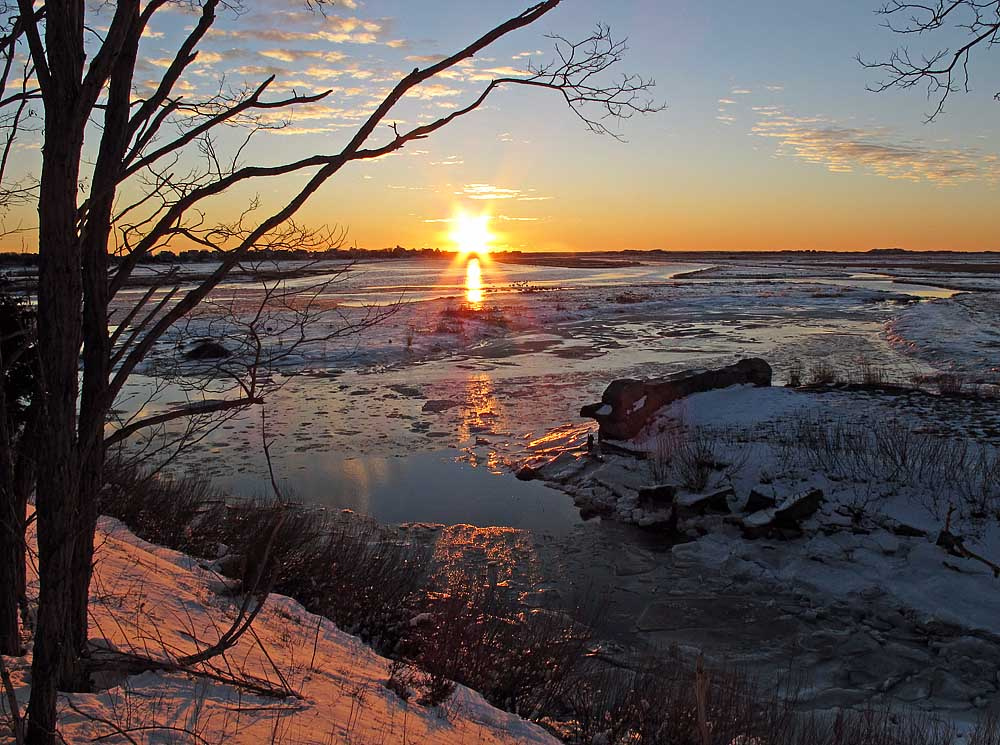 U.S.F.W.S. Northeast/Flickr - flickr.com
U.S.F.W.S. Northeast/Flickr - flickr.com
The day after voters approved Massachusetts' recreational marijuana measure, Treasurer Deborah Goldberg called on lawmakers to make a series of amendments to the new law, the Boston Globe reported. She asked for an indefinite extension on the deadline for retail store licenses, which was originally set for January 2018, an increase on the 3.75 percent marijuana sales tax, and the removal of a provision allowing adults to grow up to six plants.
Massachusetts Senate President Stanley Rosenberg agreed that the law ought to be amended. "I believe that when voters vote on most ballot questions, they are voting in principle," he told the Globe. "They are not voting on the fine detail that is contained within the proposal."
2. Maine
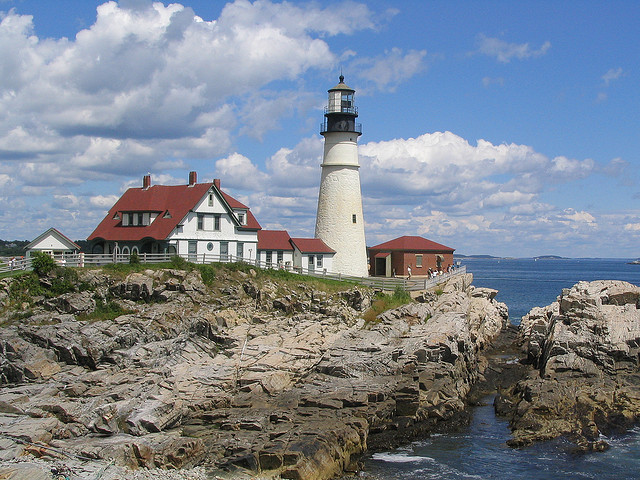 Ken Lund / Flickr - flickr.com
Ken Lund / Flickr - flickr.com
Maine Gov. Paul LePage — who cited a number of questionable statistics about marijuana in a video opposing the state's recreational legalization measure last month — said he plans to consult President-elect Donald Trump on the federal government's marijuana policy under his administration before implementing the new law. LePage said he'd have "no choice except to not put this into play," if Trump declined to approve of recreational marijuana in Maine, The Maine Sun Journal reported.
3. Arkansas
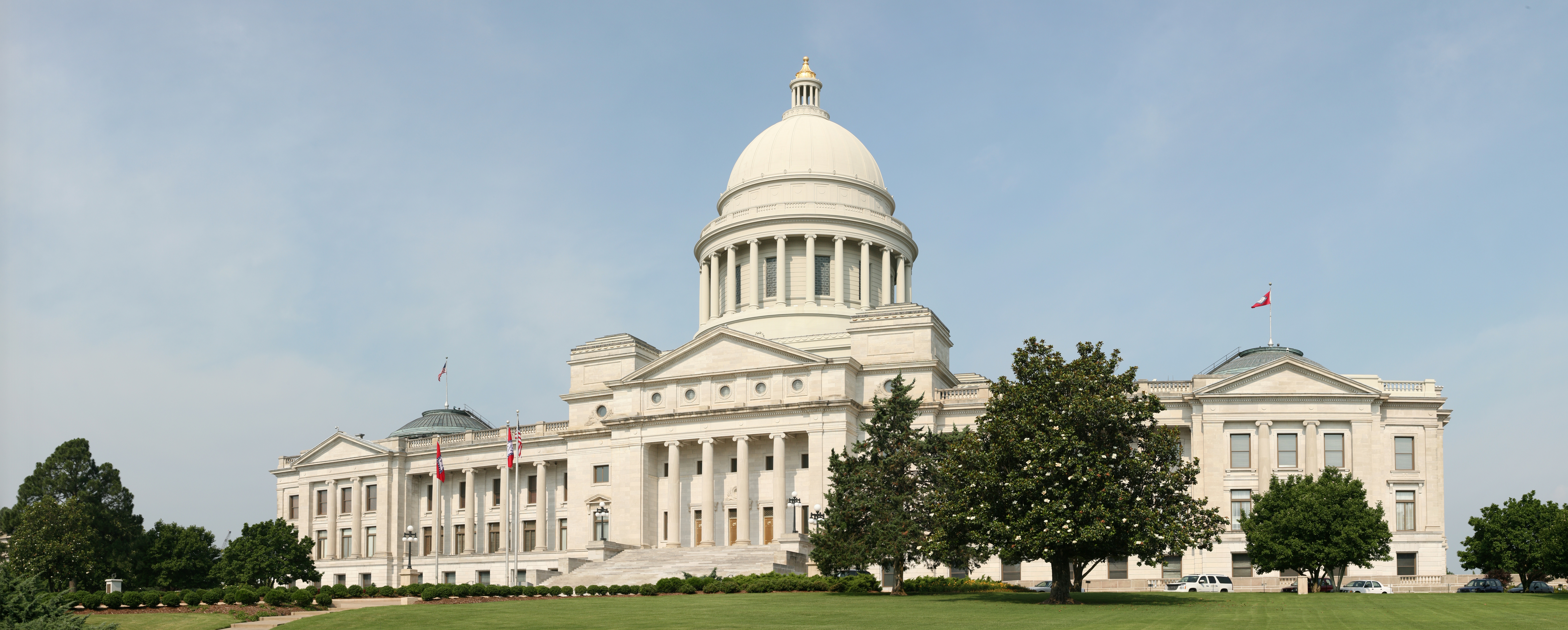 Wikimedia - wikimedia.org
Wikimedia - wikimedia.org
In Arkansas, where voters approved a medical marijuana system on Election Day, Gov. Asa Hutchinson (who served as the head of the Drug Enforcement Administration from 2001 to 2003) also expressed reluctance to legalizing a substance that's prohibited under federal law.
"It's an example of the states innovating in a risky area, and certainly the states are leading on this, but we're to a point that the federal government is going to have to readdress this," Hutchinson told the Arkansas Democrat-Gazette. "This does not call for a state-by-state solution, it calls for a national solution."
What would happen if these lawmakers successfully delay the voter-approved legalization measures?
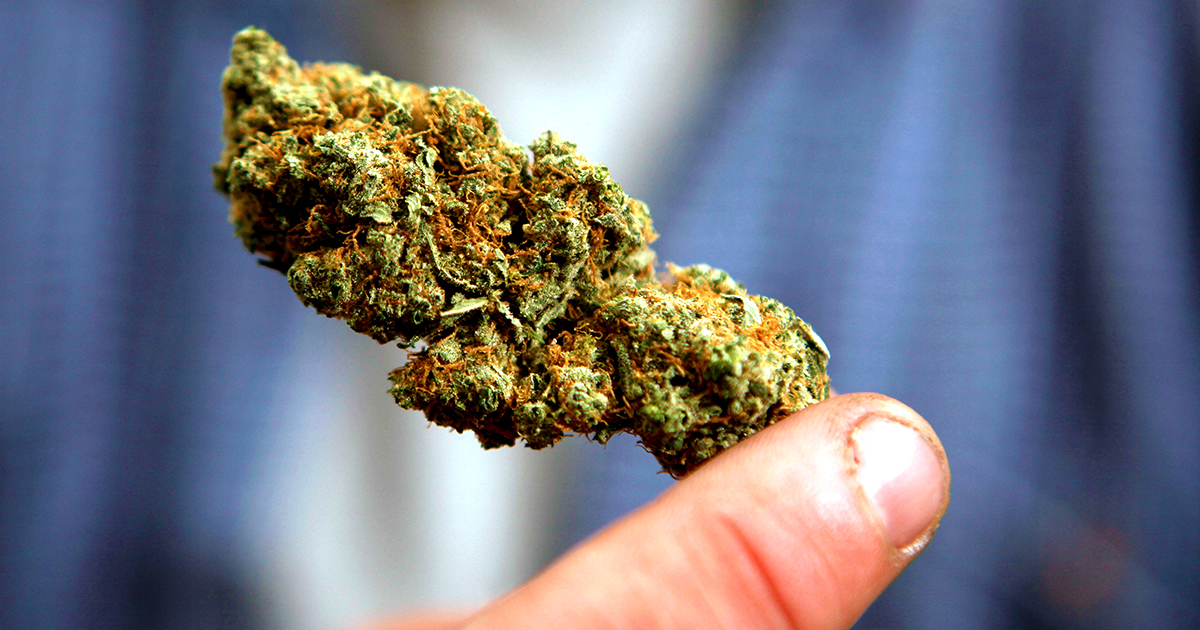 AP/Robert F. Bukaty - apimages.com
AP/Robert F. Bukaty - apimages.com
"My chief concern is that these retail markets are contingent on the state issuing licenses for entities to cultivate and dispense cannabis — acts that are in violation of federal law," Paul Armentano, the deputy director of NORML, told ATTN: via email.
"The Obama administration made clear in 2013 that it did not intend to interfere with these activities — thus giving local regulators the security to move forward," Armentano said. "But absent such assurances from the incoming administration, it is possible that local lawmakers will simply refuse to issue the licenses necessary to implement the above-ground market place that voters have demanded. If there is such an impasse it would be one that lawmakers hostile to these policies would no doubt welcome and use to their advantage to thwart the will of the voters."
Twenty-nine states have passed measures legalizing marijuana for medical or recreational purposes, as of November 8. The issue has 60 percent support among American adults, according to a 2016 Gallup poll. That is to say, the message voters have sent in these three states reflects a growing, bipartisan support for marijuana reform — and federal prohibition hasn't stopped states from legalizing on their own with voter support.
"Voters spoke clearly on election day," Armentano added. "They believe that cannabis should be legal and that its sale ought to be regulated accordingly. Politicians should respect these outcomes, not try to ignore them or undermine them."
